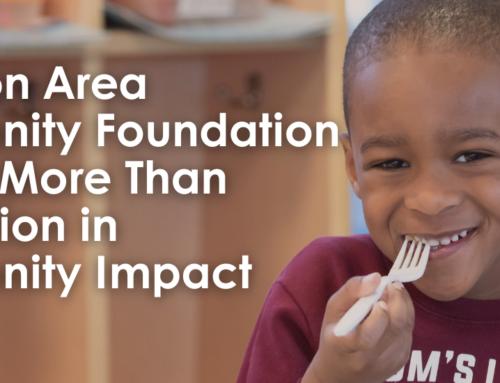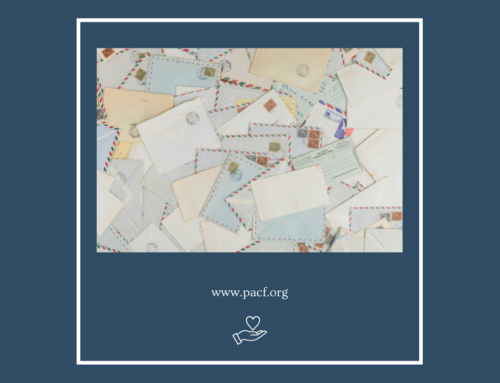Developing a thorough estate plan isn’t important only for Baby Boomers and Gen Xers. Millennials, who now make up nearly a quarter of the population in the United States, may prove to be more enthusiastic planners than their parents and grandparents, according to the 2022 Estate Planning Study: Millennial Estate Planning Continues in a Pandemic.
What does this mean for planning gifts to charity?
Millennials may be interested in setting up charitable gift vehicles earlier in their lives. And because millennials tend to be better savers than their elders, it’s never too soon to think about philanthropic intentions.
What’s an example of a giving technique that is well-suited for millennials?
As they build careers, switch jobs, and start businesses, millennials’ incomes may ebb and flow from year to year. This makes “bunching,” or “bundling,” through a donor-advised fund at the Community Foundation very useful. Because contributions to the donor-advised fund are eligible for an immediate tax deduction–but are not required to be granted from the fund to charities right away–you can “front load” donations into a donor-advised fund at a level that takes advantage of itemizing deductions during a high income year, and then contribute less to the donor-advised fund in lower income years. Each year, you can recommend grants from the donor-advised fund to favorite charities according to the timeframe that aligns with your goals for supporting those organizations, regardless of your income in that particular year.
Does bunching work with long-term appreciated assets?
Yes! Although it may seem obvious to professionals in the financial world, it’s not always top of mind for you to remember to donate long-term appreciated assets to your donor-advised funds. This is especially true of millennials who only now might be reaching a point in their lives when they own stock or other assets that have gone up in value. Donating an appreciated asset is tax efficient because the asset given to the donor-advised fund or other public charity typically is deductible at the asset’s fair market value. The charity, in turn, pays no capital gains tax on its sale of the asset, thereby generating more dollars to support charitable causes than you would have had if you had sold the asset and given the proceeds to charity.
Does it work to give real estate?
Yes! Real estate is an excellent long-term asset to donate to a donor-advised fund at the Community Foundation, especially now. In late 2021, buying a second home appeared to be a strengthening trend. While higher interest rates and inflation might dampen that trend in the short-term, the ability to work from anywhere is a reality that’s unlikely to disappear. This means even millennials and Gen X, not just retirees, may be buying and selling second homes and even rental properties. As with gifts of other long-term appreciated assets, a gift of real estate to a donor-advised fund at the Community Foundation avoids capital gains taxes and generates more money for charitable causes than selling the property first and donating the proceeds.
Want to give with your peers?
Consider joining our NextGen Giving Circle. When you join, you’ll learn about philanthropy and the nonprofits doing great work in our region. You and your fellow members will determine which organizations and projects to fund through a Community Foundation staff-led grantmaking process. Contact Patricia Matos, Director of Philanthropic Services, to learn more.






